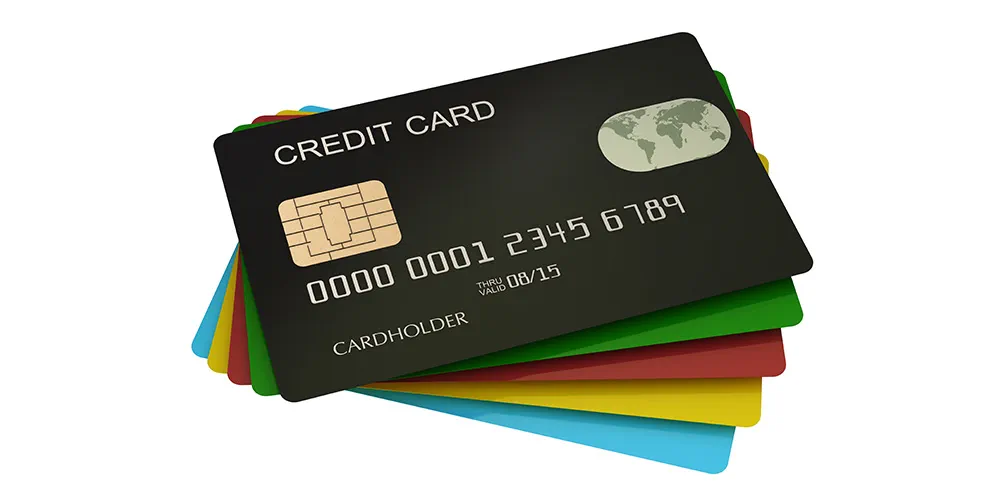With multiple credit cards in the market, it is easy to get overwhelmed with innumerable credit card deal options. Instead of trying to learn every detail about credit cards at once, you can start by identifying which type of credit card will work based on your requirements and concentrate on finding the right option. The card suitable for you is the one which combines rewards, discounts, benefits, fees, and other charges that will aid in improving your financial situation. You can use a credit card app from banks or other financial institutions to help you find the best one.
So, how can you select the best credit card? Consider the different credit card types below and see which will work for your expenses and financial goals.
Different Types of Credit Cards
Two broad and important categories of credit cards are unsecured and secured credit cards. Banks and other financial institutions, respectively, have a credit card app to help you. There are also prepaid credit cards like secured credit cards. The three credit card types are explained below:
Secured Credit Cards
A secured credit card requires a refundable security deposit. The credit card issuing company extends the credit, but they hold collateral as a security deposit which is needed to decrease the credit card issuing company’s risk. Suppose you close your account or upgrade to an unsecured credit card. In that case, your issuer will return the security deposit. If there is a default, the refundable security deposit is available to your credit card issuing company. However, refrain from thinking that your security deposit is the backup payment. Late payments will be reported, and interest or other fees will be charged.
Secured credit cards are ideal for businesses or someone who does not have a credit history or has a low credit score because lending to businesses can be riskier and declined when applying for unsecured credit cards. A few secured credit cards charge interest, whereas others do not. Some have higher interest rates and fees than unsecured credit cards.
Unsecured Credit Cards
An unsecured credit card is opposite to a secured credit card and does not need a security deposit. Instead, credit card issuing companies extend a line of credit depending on how they evaluate the creditworthiness of your business enterprise and financials during the credit card application procedure. You do not have to deposit money as collateral to apply for an unsecured credit card. Every unsecured credit card will charge interest. Apart from APR, these cards charge fees for balance transfers, late penalties, etc. The fees vary from one card to another. Unsecured credit cards that need excellent credit will likely have lower interest rates than entry-level credit cards, including secured ones.
An unsecured credit card does not have higher credit limits than a secured one. Nevertheless, the amount you can afford to deposit as cash does not determine the credit limit. Unsecured credit cards have more benefits, like cashback, discounts, rewards, shopping vouchers, gift coupons, dining delights programs, and other offers than secured credit cards. These credit cards need an individual assurance which holds you solely responsible for all the owed money. They need a personal credit profile check, and qualifying for such credit cards can be challenging.
Prepaid Credit Cards
A prepaid credit card is a card where you load a fixed amount into the card and use that money for your expenses. It is like a gift card. A lender doesn’t extend your credit, meaning you are not borrowing money from a lender when you use a prepaid credit card. A few credit card issuing companies include prepaid credit cards in their offers that do not qualify for unsecured credit cards.
A prepaid credit card is more likely than their entry-level credit-building card is a secured credit card. After you spend the amount you loaded into the prepaid credit card, you can reload money into it. These types of credit cards do not have any fees or Annual Percentage Rates.
Conclusion
As an entrepreneur, you may select an unsecured credit card because of its no-deposit-secured credit limit. However, being eligible for one is based on your business credit history and other aspects. You can select a secured credit card as a student or new to the credit world. Selecting the best credit card depends on your specific requirements, your credit situation, and in which stage of life you are. Your credit card selection timing can affect which option can be the best. To begin, consider using a credit card app to help narrow your choices and know about the basic terms of a credit card to familiarise yourself with the basic features of credit cards.




